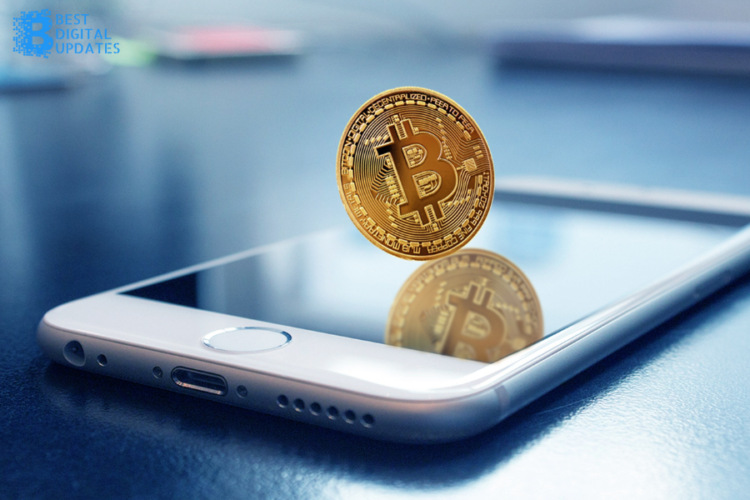China first used Bitcoin, a kind of virtual money, in 2009. It’s a brand-new virtual currency built on the blockchain, an utterly unproven technology. It has gained enormous popularity in significantly less time, especially for investment purposes, because of its potential to yield high returns. This currency’s gains have been mammoth compared to other assets in recent years. But now, bitcoin is not only used by investors but for transactional purposes too.
This currency is now accepted as a payment mechanism by many business firms, which has helped bitcoin gain more public trust. Bitcoin transactions are generally used for international payments as they are relatively cheap and fast vis-a-vis other methods. If you’re considering getting into cryptocurrency trading, begin trading with Profit Edge. It offers the Safest Way to Trade. Some countries have even accepted bitcoins as legal tender, but there are several reasons this currency is not used for daily transactions.
No Fixed Value:
Table of Contents
Bitcoins experience massive volatility in their values based on a demand-supply basis. Moreover, this decentralized currency is free from any financial institution; therefore, its value cannot maintain the stability of fiat currencies. It is why bitcoins are not suitable for purchasing items like wheat, as you will not know how much wheat costs. Furthermore, unlike fiat currencies, their value will keep changing daily, which will further change the price of wheat daily. Hence purchasing daily goods through bitcoins is not as reliable as from fiat currencies.
Technological Barriers:
Payments through bitcoins are processed by crypto wallets. So, it becomes necessary for everyone to have a crypto wallet if they want to exchange through this currency. Maintaining a crypto wallet can be tricky, especially for small business merchants. There are still many regions that do not have proper internet connections or people who do not have technological knowledge, so bitcoin’s payment method is still not everyone friendly. Therefore, small company owners will still run the danger of payment security.
Security Threats:
Cryptocurrencies are virtual currencies subjected to illegal actions like hacking. However, these currencies are way more secure than any other digital assets, but they still do not guarantee 100% safety. Hackers can still get their hands on individuals’ crypto wallets. However, many companies are trying to make it safer and planning to introduce biometric verification methods to enter one’s wallets.
Moreover, many companies even provide insurance coverage facilities for any security issue. However, crypto still becomes a dubious choice for merchants as it is not as handy as cash. A large section of society puts all their trust in fiat currencies as it is government-backed, but crypto does not provide that luxury.
Government’s Uncertainty:
Cryptocurrency is still a very new concept, and the laws will keep changing soon. The government’s actions towards it are still very mixed. There is a chance that cryptocurrencies may not even be universally accepted for some time or become a globally accepted legal tender. It is very soon to say anything about this currency’s future; therefore, many firms are still not taking it as a payment mechanism. It will keep happening until people know how they can report their gains by crypto exchange and pay proper taxes accordingly.
Conclusion
The idea that cryptocurrencies would eventually replace fiat money is still unwarranted. It may provide significant benefits like low transactional fees but is still not an optimum choice for all. Many individuals have never even heard of this idea. Many firms may have started using this payment mechanism, but everyone still doubts how the government will behave.
Moreover, this currency has no financial backing and may even plum to zero sometimes. All this creates massive confusion among merchants. Crypto is a payment mechanism for more significant or international transactions, but it cannot be an alternative to routine transactions. It needs to be more user-friendly, trustworthy, and stable to become suitable for everyone.




















